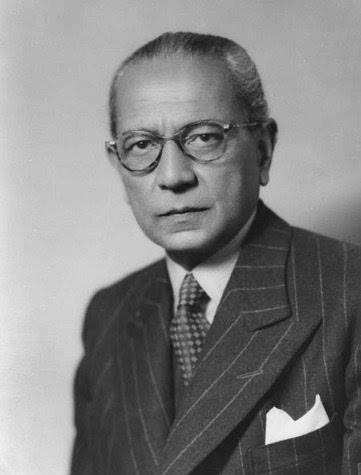Independent India inherited a vast railway network from the British Raj, which was built over a period of more than a century. After independence, the Indian Railways became a vital component of the country's transportation system and an engine of economic growth. John Mathai served as the initial Railway Minister of India after the country gained independence.

John Mathai was a prominent Indian economist, politician, and member of the Indian National Congress. He was born on November 11, 1886, in Travancore, which is now part of the state of Kerala. Mathai received his education from the University of Madras and the University of Cambridge.
Mathai played a crucial role in India's struggle for independence and was a close associate of Mahatma Gandhi. He was also a member of the Constituent Assembly, which drafted the Indian Constitution. In 1947, he was appointed as the first Railway Minister of independent India by Prime Minister Jawaharlal Nehru.
As the first Railway Minister of independent India, John Mathai had the challenging task of managing and modernizing the country's vast railway network. He was responsible for implementing several reforms, such as the integration of the different railway systems that existed in India before independence. He also initiated the construction of new railway lines and stations to cater to the growing needs of the country.
One of Mathai's significant achievements as the Railway Minister was the establishment of the Railway Staff College in Vadodara, Gujarat. The college was set up to provide training and education to railway employees and to improve the overall efficiency of the Indian Railways.
Mathai resigned from his position as Railway Minister in 1951 due to differences with the Prime Minister over economic policies. However, his contributions to the Indian Railways were significant and laid the foundation for its growth and development in the years to come.